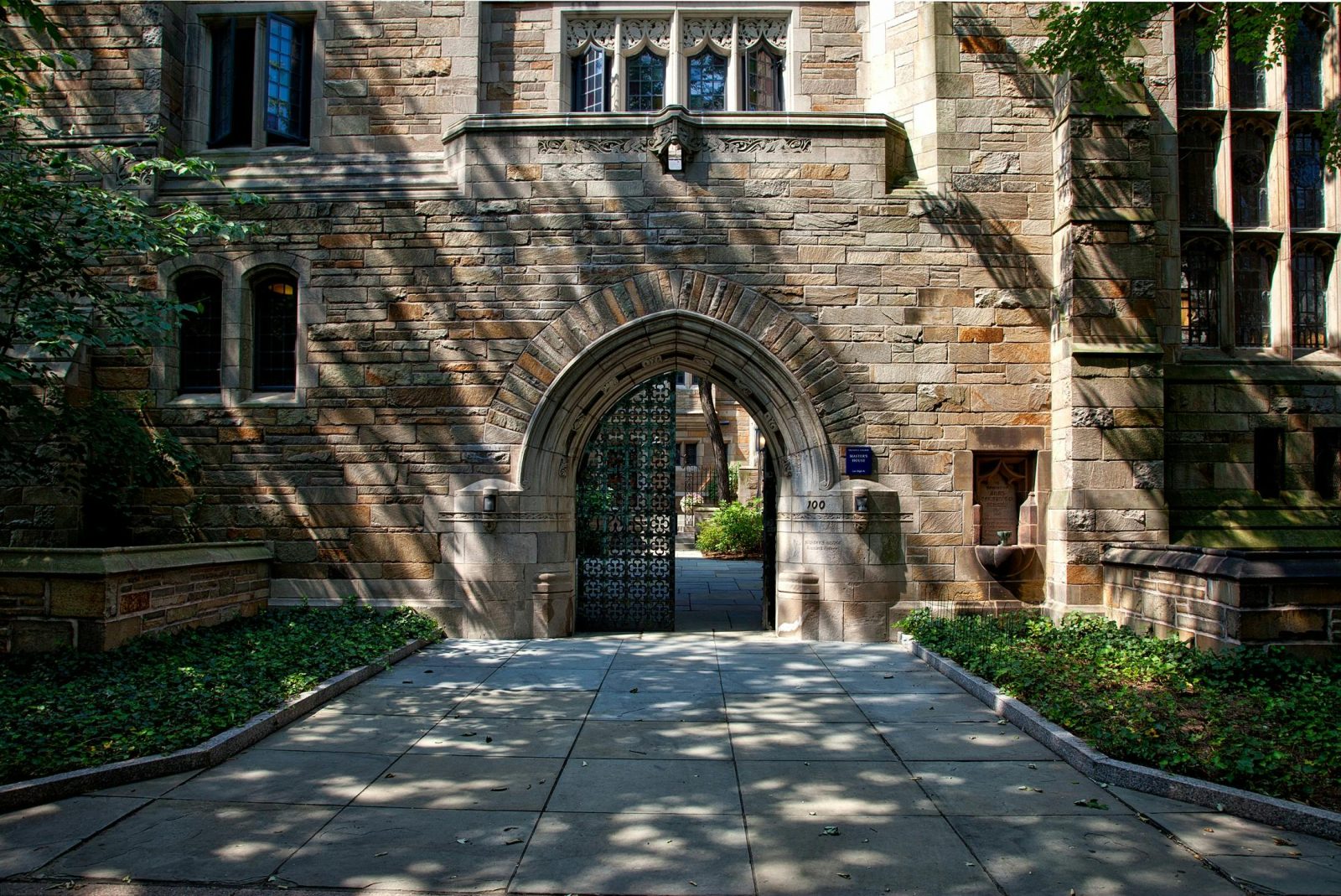Former President Donald Trump has listed several universities in Ohio and Kentucky, including the University of Cincinnati, for possible investigation. These investigations are part of Trump’s ongoing efforts to eliminate diversity, equity, and inclusion (DEI) programs from U.S. colleges and universities.
What is DEI?
DEI stands for Diversity, Equity, and Inclusion, a set of programs aimed at creating welcoming environments for people from different backgrounds. Many universities, businesses, and organizations across the U.S. have implemented DEI programs over the past few decades to ensure equal opportunities and support underrepresented groups. These efforts have been credited with helping reduce discrimination and promoting fairness in education, the workplace, and other sectors.
For instance, at Ohio State University, the Office of Diversity and Inclusion, created in 1970, has worked to support the recruitment and success of students, faculty, and staff from diverse backgrounds. This office focuses on programs that promote minority participation, mentorship, and retention, aiming to create a more inclusive and successful environment for everyone.
Trump’s Stance on DEI
Trump has been vocal in his opposition to DEI programs, viewing them as harmful to the American dream. In fact, during his time in office, Trump issued an executive order on his second day in power, demanding an end to “illegal discrimination” and the restoration of “merit-based opportunity” in colleges and universities, as well as businesses and other large institutions. According to Trump and his supporters, DEI programs often promote race and sex-based preferences that go against civil rights laws.
Trump’s stance on DEI was part of a broader effort to remove such policies from federal agencies and large organizations, including those in education. The former president even ordered federal agencies to identify up to nine institutions (with large endowments) that could be investigated for violating civil rights laws. Among these targeted institutions are schools like the University of Cincinnati, Ohio State University, and the University of Kentucky, all of which have endowments of over $1 billion.
Universities Under Investigation
The University of Cincinnati is one of the seven universities in Ohio and Kentucky that may face federal investigations due to their DEI policies. These universities, which have large endowments, could be scrutinized for their diversity programs, which Trump argues may violate civil rights laws. Other schools on the list include:
- Berea College
- Case Western Reserve University
- Denison University
- Oberlin College and Conservatory
- Ohio State University
- University of Kentucky
The federal investigation could lead to a review of these schools’ policies and, if necessary, a change in how DEI is implemented in higher education. The attorney general will have four months to investigate these institutions and compile a report, which will include recommendations for enforcing civil rights laws and eliminating DEI policies if needed.
University Responses
In response to these potential investigations, university officials are stating that they will follow the law while continuing to support their missions of serving students. The president of the University of Cincinnati, Neville Pinto, expressed his concerns and said that the university is monitoring the situation carefully. He also assured the campus community that the university will remain focused on its core mission of serving students, despite the changing landscape of federal policies.
Similarly, officials from Ohio State University and the University of Kentucky have stated that they are aware of the possible changes and are ready to comply with both state and federal laws. However, they have also mentioned that they are not speculating on what these changes will mean for their institutions until more information becomes available.
What’s Next?
As the situation develops, universities will continue to navigate the changing policies at the federal level. While DEI programs have long been seen as key to ensuring equality and fairness in education, some argue that these initiatives may be creating new forms of bias. On the other hand, proponents of DEI believe that these programs are necessary for creating inclusive educational environments that foster growth for all students.
The future of DEI in higher education will depend on how the investigations unfold and whether changes are made to existing policies. Universities will need to balance legal requirements with their commitment to diversity and inclusion.
(Source : newsbreak.com)













Leave a Reply